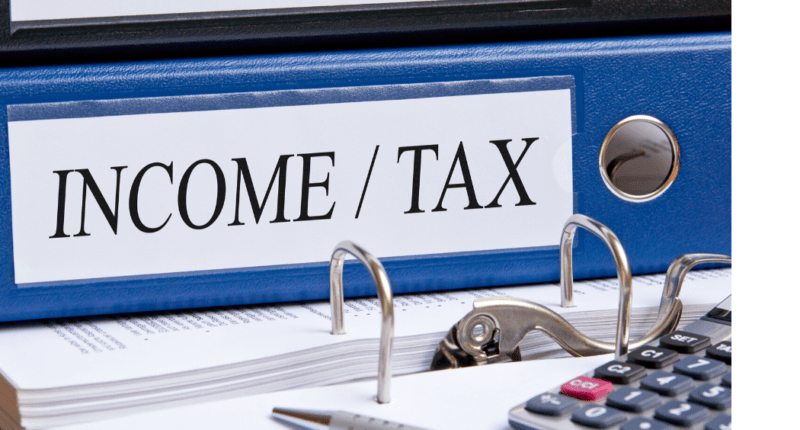The income tax department receives information about specific transactions through their sources. Based on which they match the information given in the income tax returns by the taxpayer. The third-party information helps the department find out the taxpayer escaping the tax liability or reporting requirements and noticing them. Let us know about the third-party sources that give the information.
Form 26AS or TDS/TCS statement
The tax deducted at source on income or payment received by the taxpayer is reported to the income tax department. For example, interest on term deposits, fees from professional or technical services, dividend income, salary, etc. When tax is deducted at source on such payments, it is mandatory to report it to the income tax department through TDS returns. The TDS returns contain the deductee’s PAN number and transaction details.
Similarly, when a seller collects tax at source (TCS) on specified goods such as a motor vehicle, scrap, etc., the seller files the TCS return, reflecting in the 26AS of the buyer.
Hence, any mismatch in your income details provided in the income tax return and Form 26AS will provoke notice from the income tax department.
Statement of Financial Transactions (Previously known as Annual Information Return (AIR))
A specific class of persons like a banking company, mutual funds, sub-registrar offices, etc., furnish a record or register the specific transactions through the Statement of Financial Transactions (SFT) during the financial year. The limit for various transactions in a financial year to be reported under SFT is as follows:
- Cash deposit in the savings accounts of Rs.10,00,000 or more.
- Cash deposit or withdrawal aggregating Rs.50,00,000 or more in the current account in a year.
- One or more time deposits aggregating to Rs.10,00,000 or more.
- Mutual funds units acquired for more than Rs.2,00,000 in a year.
- Credit card payments that aggregate to Rs.1,00,000 or more in cash/Rs.10,00,000 or more in any other mode.
- Investment in bonds or debentures for Rs.10,00,000 or more in a year
- Sale/purchase of immovable property for Rs.10,00,000 or Rs.30,00,000 (stamp duty value) or more.
- Equity Shares acquired for Rs.10,00,000 or more of a company.
- Cash payment of Rs. 2,00,000 or more for sale of goods or services to the person liable for tax audit as per the income tax act.
The SFT contains the PAN number of the person making the specified transaction.
Hence, most of the details of your transaction are available with the income tax department. Thus, the filing of income tax returns with all the relevant information is necessary to avoid any notice or enquiries from the income tax department.
For any clarifications/feedback on the topic, please contact the writer at namita.shah@cleartax.in

I’m a chartered accountant and a functional CA writer by profession. Reading and travelling in free time enhances my creativity in work. I enjoy exploring my creative side, and so I keep myself engaged in learning new skills.





